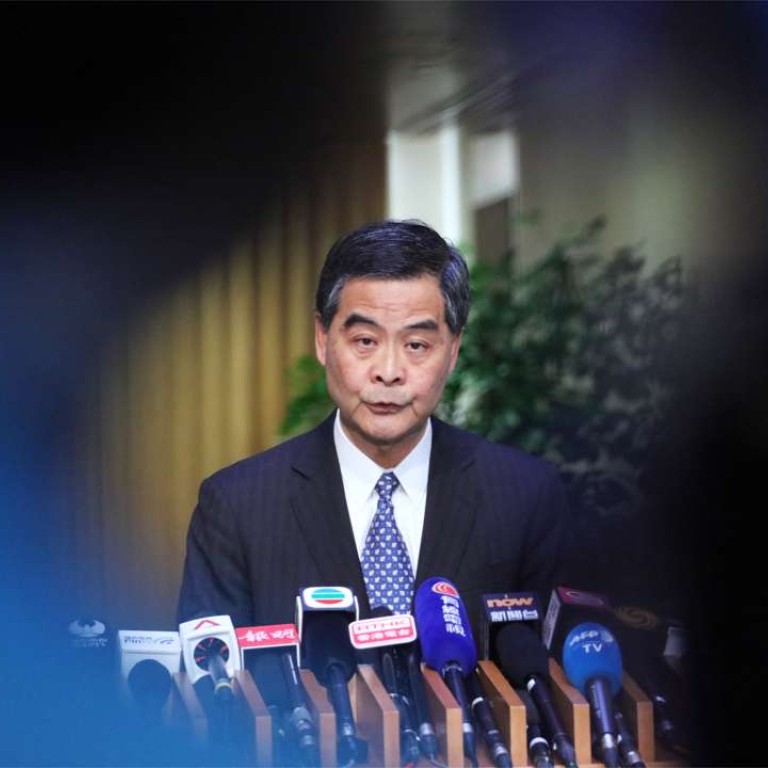
Election Committee still has an influence on choice of future leader
Those privileged enough to vote today should seize the opportunity to elect a chief executive voting panel that they think can best represent the people
The public can be excused for not knowing that the city goes to the polls today. With only about 230,000 people from some sectors eligible to vote and a quarter of the seats already filled without a contest, the ballot to form a 1,200-member panel that picks the city’s leader for the next five years is arguably not much of an election.
That said, it would be wrong to dismiss the polls as irrelevant to the people. It is true that the process to form the panel and to return the chief executive may not be as open and democratic as we would like. But the Election Committee, which comprises 28 sectors, still has an influence on the choice of the future leader as well as his or her policies. Those eyeing the top job will have to respond to an array of demands from committee members in return for their support in March’s election.
The contest is the first since the Occupy protests and the failure two years ago to introduce universal suffrage for the 2017 chief executive election. Had the reform package been endorsed by the pan-democrats and secured the two-thirds support it needed in Legco, this would have been a ballot to form a nominating committee for the leader instead. Regrettably this is not the case, and the opportunity to open the electoral process to a wider spectrum of people was also lost.
Whether Chief Executive Leung Chun-ying’s decision not to seek re-election will affect the ballot remains to be seen. The pan-democrats campaigning on the “Anyone but CY” platform may now look irrelevant. Under the current framework, a pan-democrat chief executive is still highly unlikely. Past elections reveal that the camp does have enough votes to nominate a candidate. It will be interesting to see if the camp can win more seats to exercise stronger influence.
There are those who say that the outcome of today’s ballot is immaterial, as most Beijing-friendly committee members will ultimately vote according to Beijing’s choice. Be that as it may, Beijing has a legitimate interest in ensuring that the city’s leader is someone it can work comfortably with. Constitutionally, the chief executive shall be accountable to both Beijing and Hongkongers. While Beijing’s view matters, the choice should also be acceptable to the local people.
A total of 1,239 candidates are running for 733 seats in 25 sectors. Those who are privileged enough to vote today should seize the opportunity to elect those they think can best represent the people. This will help return a voting panel that gives public views due regard when choosing the next chief executive.

